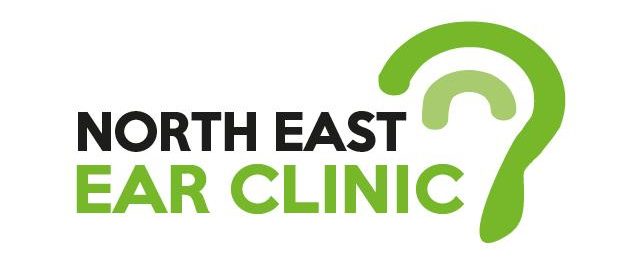As doctors recommend that everyone in Britain should wear a face mask in public to reduce the spread of the coronavirus, the use of a mask has one unintended consequence: interfering with communication.
The deaf and hard of hearing do not rely completely on lipreading, but it is the listener’s inability to read facial expressions that hinder communication. Quartz reports that 5 per cent, or 450 million people globally are deaf or have hearing impairments.
Half of a person’s face is covered when wearing a mask, and while they are an essential health care tool, it presents new challenges for hard of hearing people, especially those who depend upon hearing aids.
For some hearing impaired, especially the elderly, looking at the speaker’s face can make a huge difference. In today’s society, it seems normal for people to speak rapidly and not move their lips. People with a hearing loss often have difficulty understanding rapid speech without visual cues as well as speakers on the television.
One-in-six UK adults report having suffered from hearing loss and a much smaller percentage uses hearing aids. As it appears face masks will become part of our culture in the future, the need for audiological testing and, in many cases hearing aid use will become more prevalent.
Along with the need for more hard of hearing people to use hearing aids, there are some techniques that speakers can use to make communication easier. Certainly speaking slowly and clearly while using a face mask helps.
Facing the listener, even with the face covered directs sound to the person and is far better than trying to communicate behind the listener. While efforts are being made to contain and reduce the spread of COVID-19, a little extra effort will help the hard of hearing feeling any further alienation.
If you want ear syringing in Newcastle, then get in touch today.




